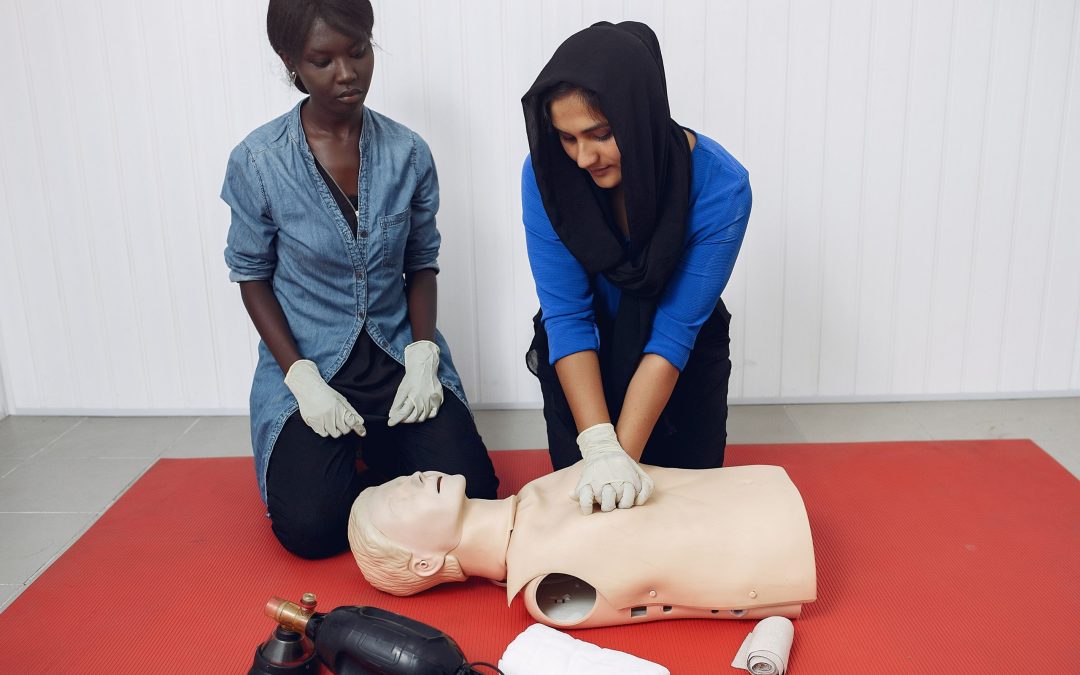Basic Life Support (BLS), as outlined by the American Heart Association (AHA), is crucial for several reasons:
- Immediate Response: BLS training equips individuals with the skills needed to respond promptly in emergency situations such as cardiac arrest, choking, or drowning. Quick intervention can significantly increase the chances of survival and reduce the risk of long-term damage.
- Saving Lives: BLS techniques such as cardiopulmonary resuscitation (CPR) and proper use of automated external defibrillators (AEDs) can revive individuals whose hearts have stopped beating or who are experiencing life-threatening situations. These interventions are often the first line of defense before advanced medical help arrives.
- Empowerment: Knowing how to perform BLS procedures empowers individuals to take action in emergency situations, whether at home, in public places, or in the workplace. This empowerment can make a critical difference in saving lives, especially in situations where every second counts.
- Community Safety: BLS training extends beyond healthcare professionals and benefits the broader community. When more people are trained in BLS, there is a higher likelihood that someone nearby will be able to provide assistance in an emergency, increasing the overall safety and well-being of the community.
- Workplace Requirements: Many workplaces, particularly those in healthcare, education, and public service sectors, require employees to undergo BLS training. Compliance with these requirements ensures a safer working environment and preparedness for emergency situations that may arise in the workplace.
- Quality Improvement: The AHA regularly updates its BLS guidelines based on the latest scientific research and best practices. By adhering to these guidelines and receiving regular training updates, individuals can ensure that their BLS skills remain current and effective.
- Public Health Impact: BLS training initiatives, such as community CPR programs and public awareness campaigns, contribute to public health by promoting cardiac arrest awareness, encouraging bystander intervention, and increasing survival rates from sudden cardiac events.
In summary, Basic Life Support training, as advocated by the American Heart Association, is essential for empowering individuals to respond effectively in emergencies, saving lives, promoting community safety, meeting workplace requirements, ensuring quality improvement, and making a positive impact on public health.

